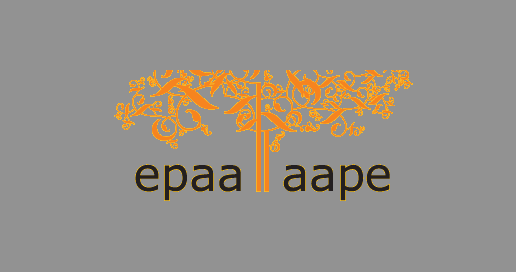Reading the PISA Tea Leaves: Who Is Responsible for Finland’s Decline and the Asian Magic
2 DECEMBER 2013 1,462 ONE COMMENT
 |
| Maybe Not? |
“Finland Fell from the Tip of PISA,” says the headline of a story in the largest subscription newspaperHelsingin Sanomat in Finland, according to Google Translate (I think it should be
Finland Falls from the Top of PISA). I don’t know Finnish but thanks to Google Translate, I was able to understand most of the story. The gist is that Finland has fallen from the top in the current round of PISA.
Finland Falls from the Top of PISA). I don’t know Finnish but thanks to Google Translate, I was able to understand most of the story. The gist is that Finland has fallen from the top in the current round of PISA.
This is big news, with significant implications not only for the Finns but also for the rest of the world that has been looking at Finland as the model education system since 2001 when Finland was number one in the first round of PISA. Although results of the 2012 PISA won’t be officially unveiled until 10am GMT, December 3rd. the leaked story, published on November 30th, has already sent the Finns and others to speculate the causes of Finland’s decline. “The reasons are seen in the teachers’ continuing education in poor and outdated teaching methods and technology,” writes the Helsingin Sanomat story (courtesy of Google Translate).
While the Finns are right to be concerned about their education, it would be a huge mistake to believe that their education has gotten worse. Finland’s slip in the PISA ranking has little to do with what Finland has or

















